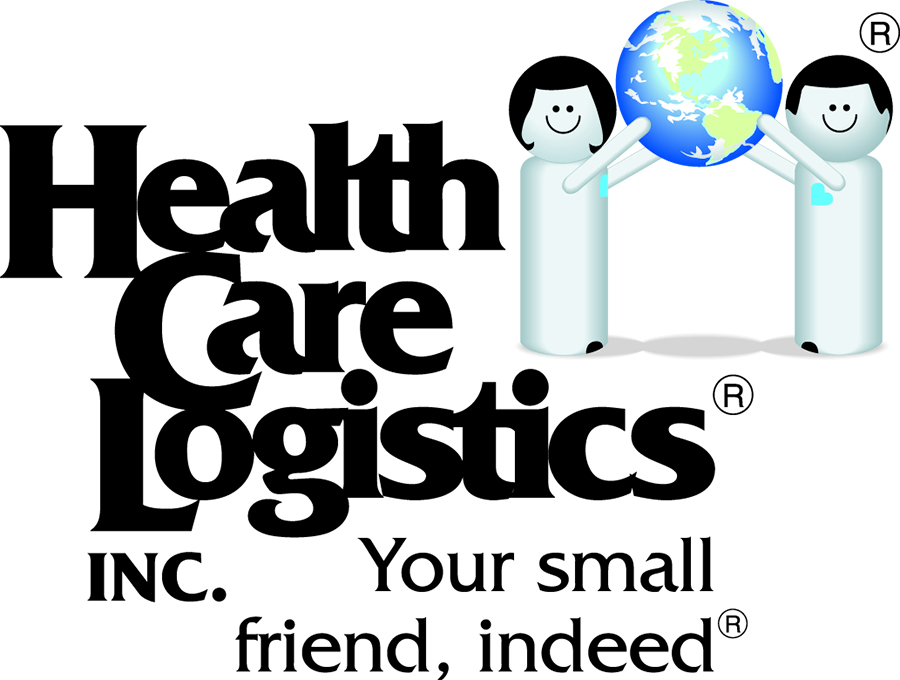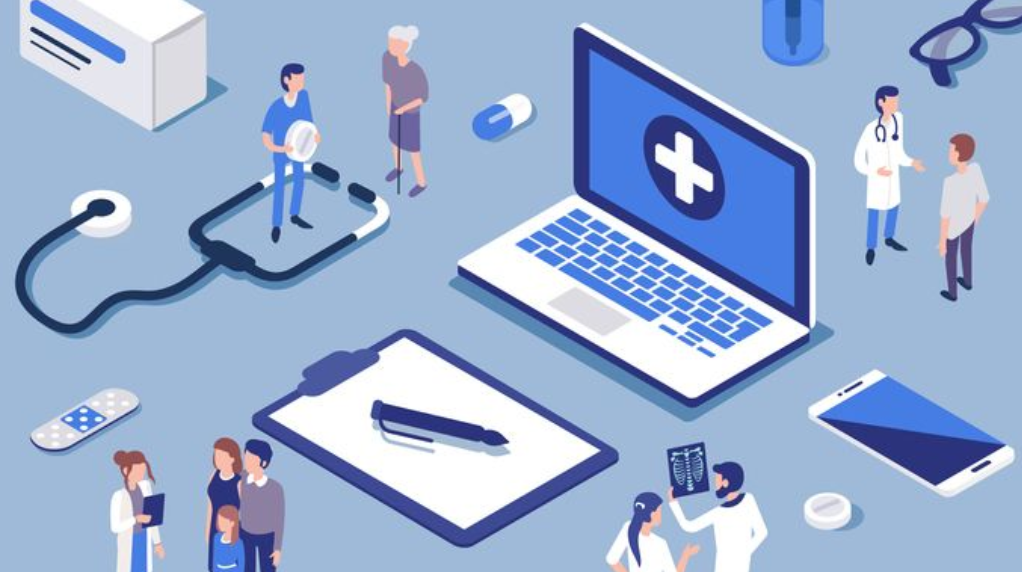Drug shortages are more disruptive than ever. Use these tips to stay ahead of the trend.
A recent survey revealed 86% of hospital pharmacists believe drug shortages are occurring more often during the pandemic, and those shortages are more disruptive than ever. There are 212 products listed on ASHP’s current drug shortage list. Causes of shortages include natural disasters, transportation delays, raw material issues, increased demand and quality concerns, among others.
Shortages lead to significant patient safety concerns. They can affect patient care by causing treatment delays, use of less effective medications, or medication errors, resulting in adverse outcomes. Best practices for managing medication shortages must first consider potential impacts on patient safety. Following are some tips to get you started or to enhance your current processes.
– Managing shortages is a team sport! Pharmacy leaders should seek to engage representatives from pharmacy staff, medical staff, nursing, informatics/technology, educators, risk management, ethics, senior leaders, clinical leaders and patient safety leaders.
– Stay informed and be proactive. Regularly monitor drug shortage resource sites and watch for signs of impending shortages.
– When shortages are identified, assess your circumstances. How much do you have on hand? How long will it last? How often should you reassess before taking action? Start considering your options early.
– Create an action plan. Consider use of alternative supplies and evaluate them based on safety, efficacy, availability and cost (in that order). Other options include therapeutic alternative agents and/or restrictions. Remember to examine technology changes needed for your medication use process.
– Communicate to all stakeholders. An ongoing forum for shortage communication is ideal; this will allow you to share shortage updates for every step identified in bold.
– Implement changes. Use checklists – they will be helpful for when you need to “undo” changes made when the shortage resolves. Utilize alerts at the point of care whenever possible.
– When the shortage is resolved, be sure to reverse (and communicate) all changes made related to the shortage. Time to use those handy checklists!
Shortages can me managed safely by following best practices. Be ready and avoid crisis mode.
For additional information on drug shortages, visit the following links:
https://www.fda.gov/drugs/drug-safety-and-availability/drug-shortages




